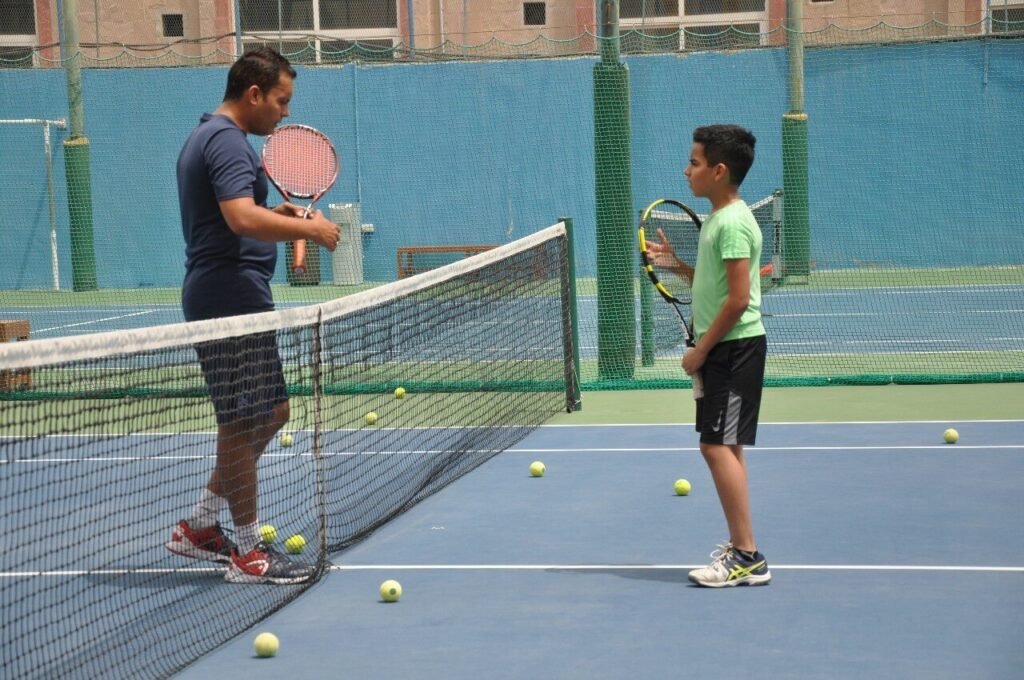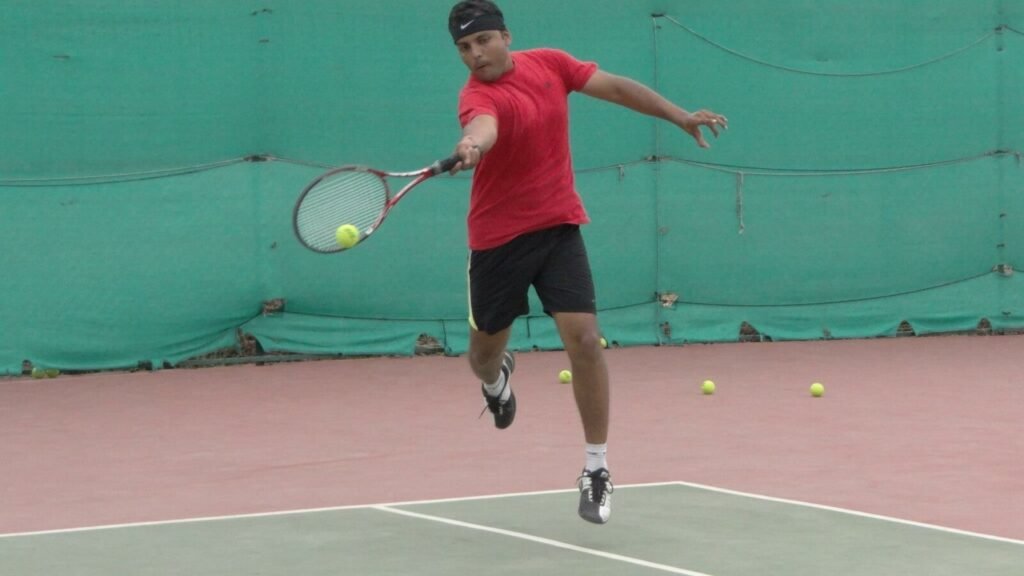
Tennis is a dynamic sport requiring agility, strength, endurance, and mental focus. To excel on the court, players must pay close attention to two critical factors: fitness and nutrition.
Together, they form the foundation of optimal performance, enabling players to meet the physical and psychological demands of the game.
The Importance of Nutrition
Nutrition fuels the body, supports recovery, and sustains energy levels during intense matches. A tennis player’s diet should be tailored to meet their needs, emphasizing macronutrients, micronutrients, and hydration.
Macronutrients
Carbohydrates
Carbohydrates are the primary energy source for tennis players. They provide the glucose necessary to power intense rallies and long matches. Consuming complex carbohydrates like whole grains, fruits, and vegetables ensures sustained energy release.
Carbohydrates are tennis players’ primary energy source. They provide the glucose necessary to power intense rallies and long matches.
Proteins
Protein is crucial for muscle repair and recovery. Tennis involves repetitive movements, so adequate protein intake is essential to rebuild muscle tissues and prevent fatigue. Lean meats, eggs, legumes, and dairy are excellent protein sources.
Fats
Healthy fats support energy and hormone production. While tennis players should limit saturated and trans fats, including sources like avocados, nuts, seeds, and olive oil can benefit overall health and performance.
Micronutrients
Calcium and Vitamin D
Calcium and Vitamin D strengthen bones, reducing the risk of stress fractures and injuries common in tennis. Dairy products, fortified plant-based milk, and sunlight exposure are vital sources.
Iron
Iron supports oxygen transport to muscles, which is critical for sustained energy. Tennis players can boost their iron intake with leafy greens, beans, and lean red meat.
Magnesium
Magnesium helps prevent muscle cramps and aids in recovery. Nuts, seeds, and whole grains are excellent magnesium-rich foods.
Electrolytes
Electrolytes like sodium, potassium, and chloride regulate hydration and muscle function. Sports drinks, bananas, and electrolyte supplements can help maintain balance during matches.
Hydration
Dehydration can impair performance, causing fatigue, cramps, and decreased focus. Players should hydrate before, during, and after matches. Water is essential, but sports drinks with electrolytes can be beneficial during extended play.
Meal Timing
Strategic meal timing enhances energy and recovery. Players should eat a carbohydrate-rich meal 3-4 hours before a match and refuel with protein and carbs within 30 minutes post-match to aid recovery.
The Importance of Fitness
Fitness is the backbone of a tennis player’s success. A well-rounded fitness regimen improves speed, power, endurance, and injury prevention.
Cardiovascular Training
Cardiovascular fitness enhances stamina, allowing players to maintain peak performance throughout a match. Activities like running, cycling, and interval training build endurance and improve recovery between points.
Strength Training
Strength training develops power, speed, and stability—essential for explosive serves and swift lateral movements. According to experts, integrating strength training into a tennis program enhances muscle balance, preventing injuries commonly seen in the shoulders, elbows, knees, and ankles.
Specific exercises, such as squats, lunges, and resistance training, target the muscles used in tennis, ensuring optimal performance and resilience.
Agility and Speed Training
Agility drills, such as ladder and cone exercises, improve footwork and reaction time. Speed training helps players cover the court quickly and respond to fast-paced rallies.
Flexibility and Mobility
Flexibility and mobility exercises enhance the range of motion, reducing the risk of injuries. Yoga, stretching routines, and dynamic warm-ups are integral for preparing the body for the demands of tennis.
Why Strength Training Matters in Tennis
Strength training builds muscle, optimizes performance, and prevents injuries. Tennis involves repetitive, unilateral movements that can cause muscle imbalances.
Strength training addresses these imbalances, improves energy efficiency, and enhances power output.
Programs tailored to tennis should include explosive movements, such as plyometrics, to develop starting strength and reactive force.
Additionally, incorporating stability exercises ensures better energy transfer through the kinetic chain during strokes.
Tailored Fitness Programs for Tennis Success
A well-designed fitness program considers the player’s age, skill level, and playing style. For instance:
Young Players:
Focus on motor coordination and bodyweight exercises.
Adolescents:
Gradually introduce strength training, emphasizing proper form.
Adults:
Address imbalances and refine explosive strength through advanced techniques.
Training with a private tennis instructor can ensure a personalized approach to fitness and nutrition.
Conclusion
Optimal tennis performance requires a synergy between fitness and nutrition. Proper nutrition fuels high-energy matches, while tailored fitness regimens enhance power, speed, and endurance. Together, they ensure players are competitive and resilient against injuries.


